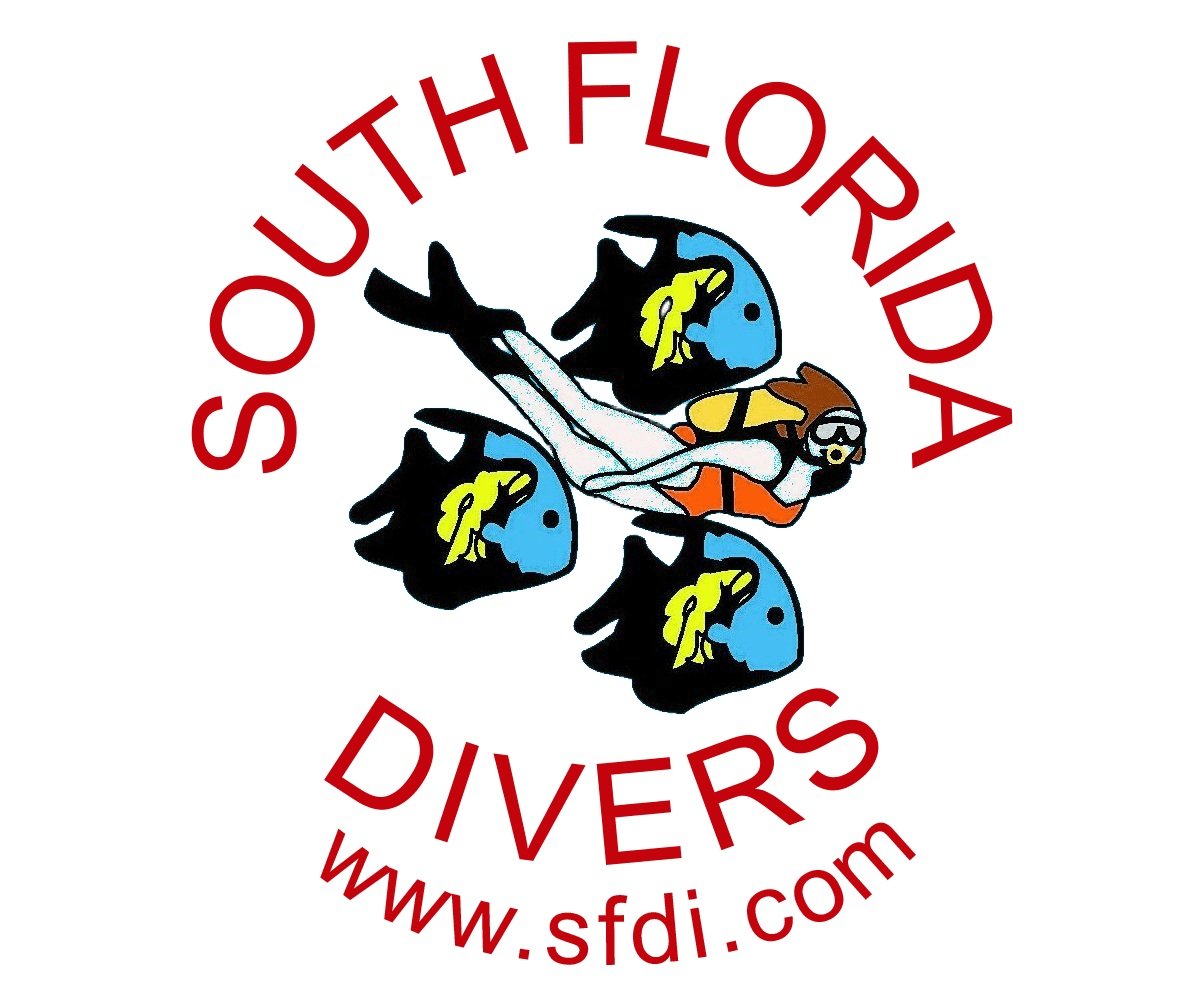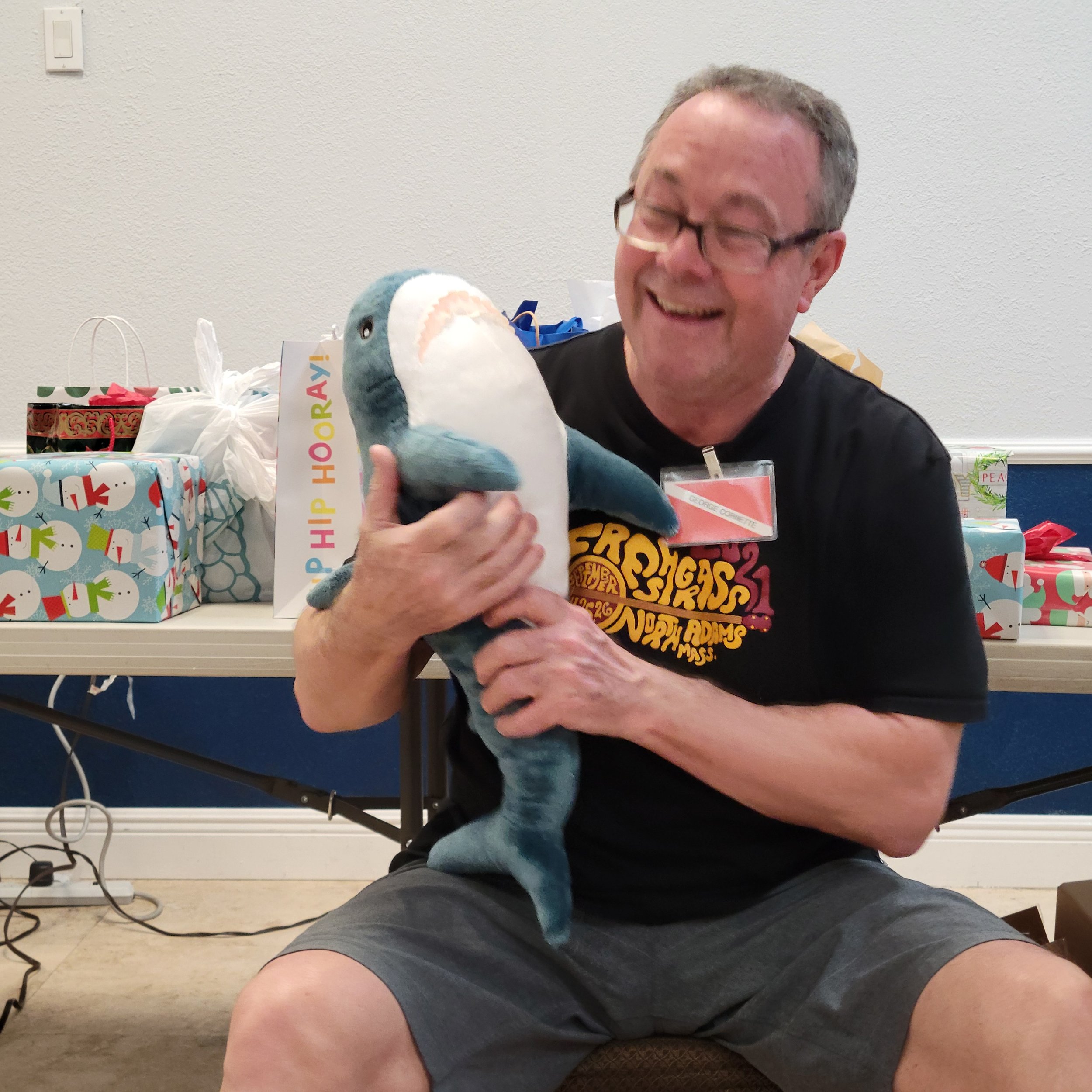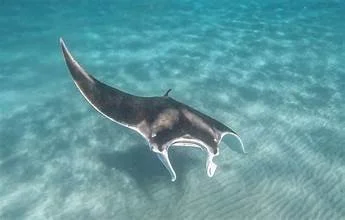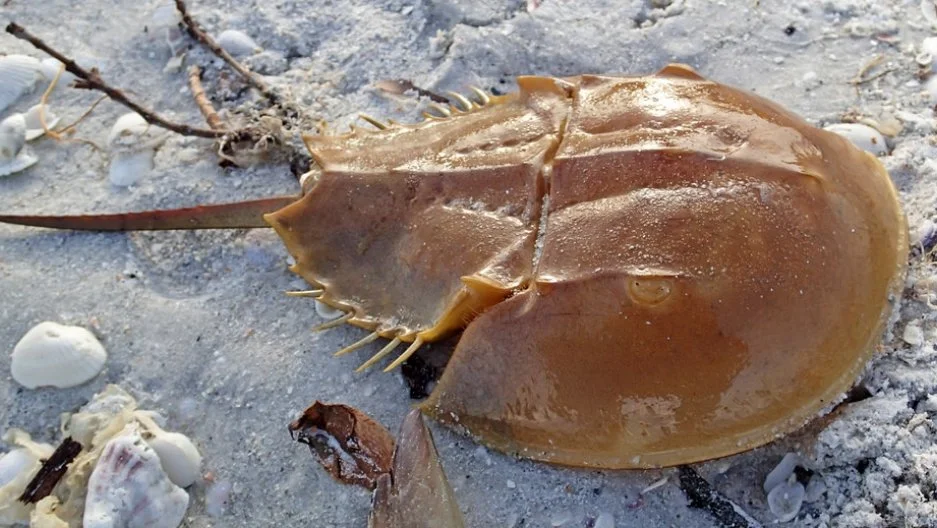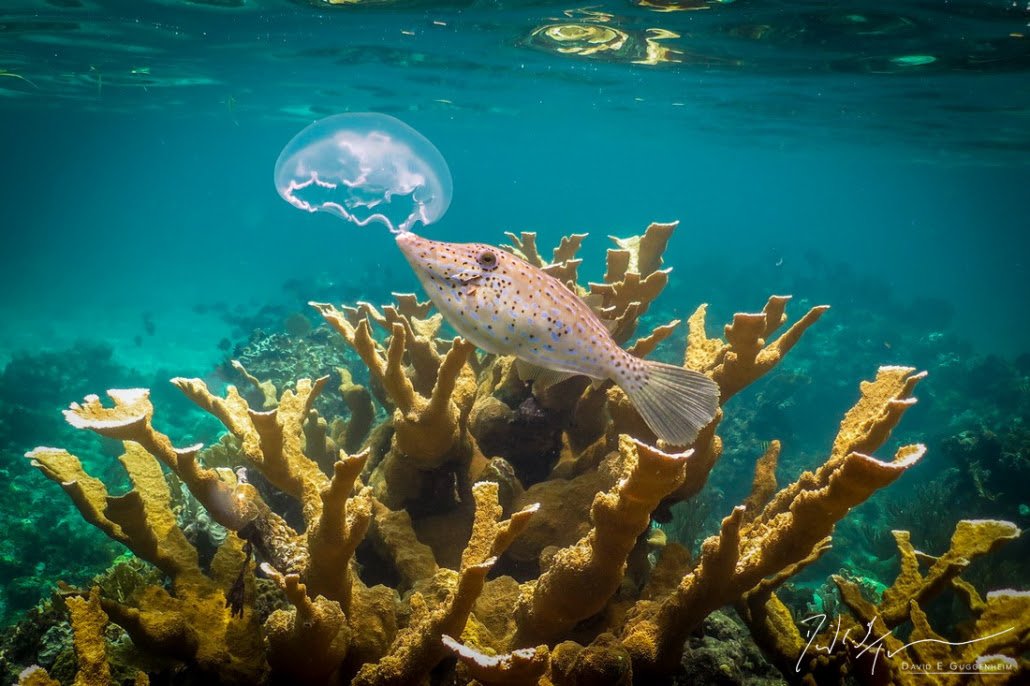
October Speaker Matt Nicholson
Please join SFDI Wednesday, October 5th, 2022, as we welcome Matt Nicholson, Marine Ecologist and currently a PhD candidate at the University of Miami’s Rosenstiel School of Marine, Atmospheric and Earth Sciences. Matt will briefly walk us through some of the highlights of his career in research thus far. Then, he will dive (pun intended) into the work that his current lab group does, including the studies he led during his PhD. Briefly, the main focus is studying the ways in which parasites impact both individual hosts as well as coral reef communities overall. They are a global research group, working in the Caribbean, Australia, Africa, and the Philippines (although his PhD work has “only” taken place in the Caribbean and Australia). He will talk about their main study species (gnathiids), touching on what they are, what they know about them, the studies they are currently working on, and why studying something so small is so important.
Matt was born in Miami, Florida and raised just North of that in Pembroke Pines, Florida. He completed his undergraduate studies at Florida Gulf Coast University, and his master’s degree in England at the University of Exeter. Throughout his career he has been fortunate to have worked in South Africa, Australia, Wales, as well as several Caribbean islands. He has also worked on a wide variety of study species including sharks, fishes, seabirds, jellyfish, and parasites. Matt’s research focuses mainly on foodweb ecology (also termed “trophic ecology”) as well as symbiotic relationships among species.
Simply put, Matt just loves to be blowing bubbles in the ocean. In fact, during field research season (where he dives almost daily) he will often spend his “days off” by going diving. He often says that he couldn’t survive in any other career because nothing else engages his mind and imagination in the same way as research. Also, getting to call the ocean your “office”, and a tank top and boardshorts your “work clothes”, is a sweet deal. In addition to his research, Matt is a big proponent of the “science communication” field, which specifically aims (among other things) to engage non-scientists in ways that are interesting and easily digestible. Since returning to live in Florida in 2021 for the first time in several years, Matt has enjoyed being back “home” and looks forward to beginning a postdoctoral research position here in Miami once he finishes his PhD later this year.
September Speaker James Blackman
James Blackman 2022 - James started his diving career in the frigid waters off the turbulent coast of Cornwall, England. If your first dives are made in seas that resemble semi-frozen cabbage soup and you come away with a passion for the sport, you know it will be a life-long pursuit.
James spent ten years at sea working on luxury yachts and expedition ships, exploring the lesser-travelled corners of the world, from Russia’s White Sea to the coast of Madagascar, from Antarctica to Melanesia and far up the Amazon river. He has provided in-water safety direction for a wide range of media projects and public events and is a Public Safety Diver Instructor for Police and Fire Search and Rescue Units. While working in the Caribbean, James was involved in many search and recovery operations, from post-hurricane clean-ups to missing fishermen and lost or sunken property.
James’ teaching style is adaptable to the needs of his students. Each program starts with a consultation focused on the students’ goals. From there, James will tailor a training plan. Choosing to only teach one or two individuals at a time, James follows the exacting course standards as required by the training agency, but then takes the extra time for additional sessions, further developing each students’ knowledge and skills.
Now making his home in South Florida, James is enamored with the local dive scene here, especially the variety of wreck sites along our coast. When not travelling for expeditions or in-water safety diver roles, James can be found developing and mentoring the next generation of Technical Divers and Public Safety Divers here in Miami’s tropical climate.
August Speker Shelby Thomas CEO and Founder of the Ocean Rescue Alliance
(Shelby (although local, is unavailable to attend physically) will be joining us via Zoom)
Ocean Rescue Alliance (ORA) is a marine conservation and restoration non-profit organization that implements innovative techniques to restore our marine environments.
ORA supports saving our oceans one reef at a time through the creation of artificial reefs designed to incorporate art, innovative designs, and safe materials to enhance marine habitats, protect coastlines and provide a unique diving location. Our research investigates artificial design improvements, coastal protection with wave reduction modules, coral restoration, oyster restoration, mangrove restoration, seawall enchantments, fish population dynamics & recruitment to contribute to effective restoration. Our artistically crafted reefs enable every individual the opportunity to create an eternal reef for their loved one or company. Art themed reefs connect the local community history and culture while creating a lasting memory on the ocean floor that will help restore our marine ecosystems. Our education program seeks to empower and inspire our future generations to maintain our marine environments. Our citizen science program, Coral Rangers, engages our local communities in reef monitoring and coral restoration efforts. Our goal is to spread awareness and create marine habitats that will last for generations to come. Through ORA our alliance will unite marine conservation and restoration organizations around the globe helping us save our oceans one reef at a time!
(Shelby (although local, is unavailable to attend physically) will be joining us via Zoom)
2. Shelby Thomas Bio
Founder and CEO of the Ocean Rescue Alliance, a marine conservation and restoration nonprofit organization, that implements innovative techniques to restore marine environments. She is an expert in marine restoration and conservation, receiving her master’s in Marine Ecology and currently completing her PhD in Marine Biology with the University of Florida. She is an environmentalist and marine conservation advocate who hopes to inspire others to protect our environments. She has worked with various restoration projects including coral, seagrass, oyster, sea-urchin, and scallop restoration.
She is passionate about preserving our natural ecosystems and creating a foundation for their appreciation. Her nonprofit combines art to aid in communicating science to the public in impactful ways. The Ocean Rescue Alliance artificial reefs create complex habitat space, enable species specific restoration and serve as ecotourism destinations that combines art and culture to connect the communities they serve. She now has worked with over 25 different restoration projects and continues to conduct research in this field. Through her research and outreach, she plans to assist in conserving, restoring, and better managing our ecosystems. She would like to make a lasting impact, conserving our environments while also improving peoples lives around the world.
July Speaker Dr. David Guggenheim, from Washington, D.C. “Cuba’s Remarkable Reefs and Hopeful Stories from the Ocean Doctor”
“Cuba’s Remarkable Reefs and Hopeful Stories from the Ocean Doctor”
Since 1970, the Caribbean has lost half its coral reefs, an ominous and accelerating phenomenon reflected around the world. Beyond the heartbreak of the loss of such exquisite beauty, losing coral reefs means the annual loss of billions of dollars from the global economy and the end of a way of life for the billions who depend on these ecosystems.
Marine scientist and conservation leader Dr. David E. Guggenheim has had a front-row seat to this disaster. But when he began a new chapter of his career in Cuba, he found something completely unexpected: hope. After years of watching reefs deteriorate, Guggenheim was astonished to come face-to-face with Cuba’s remarkably healthy coral reefs overflowing with marine life. Guggenheim reveals the hidden lessons of Cuba’s reefs that could help rescue coral reefs around the world. Understanding why takes us on a journey through the island’s unique history – and our own.
While the past 60 years have seen the worst decline in ocean health in human history, Cuba’s oceans and coral reefs remain remarkably healthy, a living laboratory little seen by this generation of scientists. Which begs the question—Why are Cuba’s ocean waters so healthy? The answer is deeply entwined with the country’s extraordinary and singularly unique history, from its dramatic political past to its world-class environmental protections influenced by an unlikely partner, Jacques Cousteau.
“The Remarkable Reefs of Cuba” tells the story of the demise of the world’s ocean ecosystems, the hard work of those trying desperately to save it, and an unexpected beacon of hope from an island full of mystery and surprise.
(David will be joining us via Zoom)
Dr. David Guggenheim is a marine scientist, conservation policy specialist, ocean explorer, submarine pilot, author and educator. He is the founder and president of the Washington, DC-based nonprofit organization, Ocean Doctor, dedicated to advancing the conservation of the world’s oceans through scientific research, education and community engagement. He is also an Adjunct Professor at Johns Hopkins University teaching Ocean Stewardship and Sustainability. He is a past Florida resident.
Guggenheim has worked in Cuba for more than 20 years leading collaborative research and conservation efforts in Cuba focused on coral reef ecosystems. His forthcoming book, "The Remarkable Reefs of Cuba: Hopeful Stories from the Ocean Doctor" will be released next month.
He regularly appears on television and radio appearances. He has appeared on 60 Minutes, CNN, MSNBC, PBS Newshour and NPR among others.
David Guggenheim previously served as Vice President at The Ocean Conservancy, President & CEO of The Conservancy of Southwest Florida, co-chair of the Everglades Coalition and president of the Friends of Channel Islands National Park.
